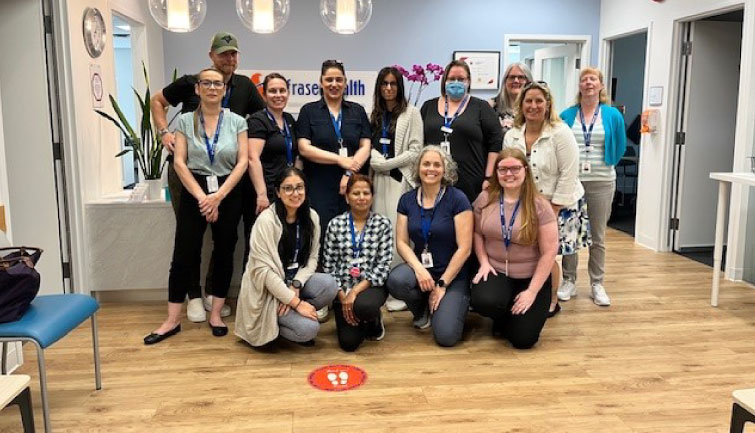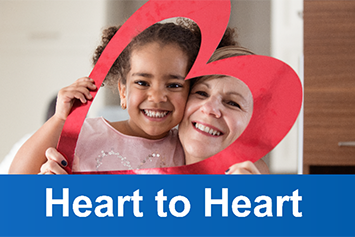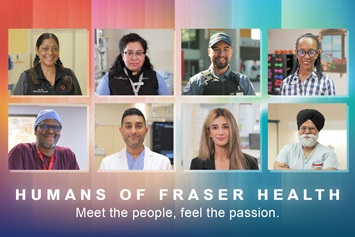
June is Brain Injury Awareness Month—an opportunity to highlight the services available to people with acquired brain injuries, including survivors of the toxic drug crisis.
When someone suffers a toxic drug poisoning, their breathing may become shallow, starving the neurons in their brain of the oxygen needed for survival. In just a few minutes, oxygen deprivation can lead to brain injury.
To better support people who have suffered a brain injury after exposure to the toxic drug supply, Fraser Health has contracted with Lookout Housing and Health Society and Connective Support Society to provide wraparound care at four housing sites in Surrey, Coquitlam and Abbotsford.
Twenty-six beds are dedicated for people with brain injuries who use substances and have complex medical and personal care needs.
“By delivering trauma-informed care in this way to this population, we are supporting people with the services they need to move forward in their journey,” says Sonja Vance, regional manager, Home and Community Care and Acquired Brain Injury Services, Fraser Health.
Clients live in supervised group homes where they have access to a range of services including social work, occupational therapy, nursing, physiotherapy, speech language pathology, recreation therapy and behavioural analysis. In addition to health care supports, they gain the life skills needed for independent living such as meal preparation, shopping, laundry, household management, medication management, financial management and navigating their community.
Every brain injury is different, and patients require care plans tailored to their needs. Along with supporting patients with anoxic and hypoxic brain injuries resulting from exposure to the toxic drug supply, the team also helps patients with brain injuries from stroke, tumour, aneurysm, trauma, hydrocephalus, meningitis and other conditions.
The Acquired Brain Injury Services Team at Fraser Health provides community and bed-based services for people with moderate to severe brain injuries as part of a continuum of care. The team supports more than 500 clients to maximize their recovery and improve quality of life by providing innovative, comprehensive and timely care.
“Over the past few years, we’ve made meaningful improvements to the way we deliver services through our Brain Injury Program,” adds Sonja. “We’ve significantly reduced long-standing waitlists and expanded our services to ensure clients receive personalized, community-based support. Our Case Management and Quick Response teams work closely together to help transition complex clients out of hospital and into appropriate community settings. This not only enhances patient care but also helps free up vital hospital resources for those in greatest need.”
Learn more:


